Adult education does not reach those who need it most, said new UNESCO report
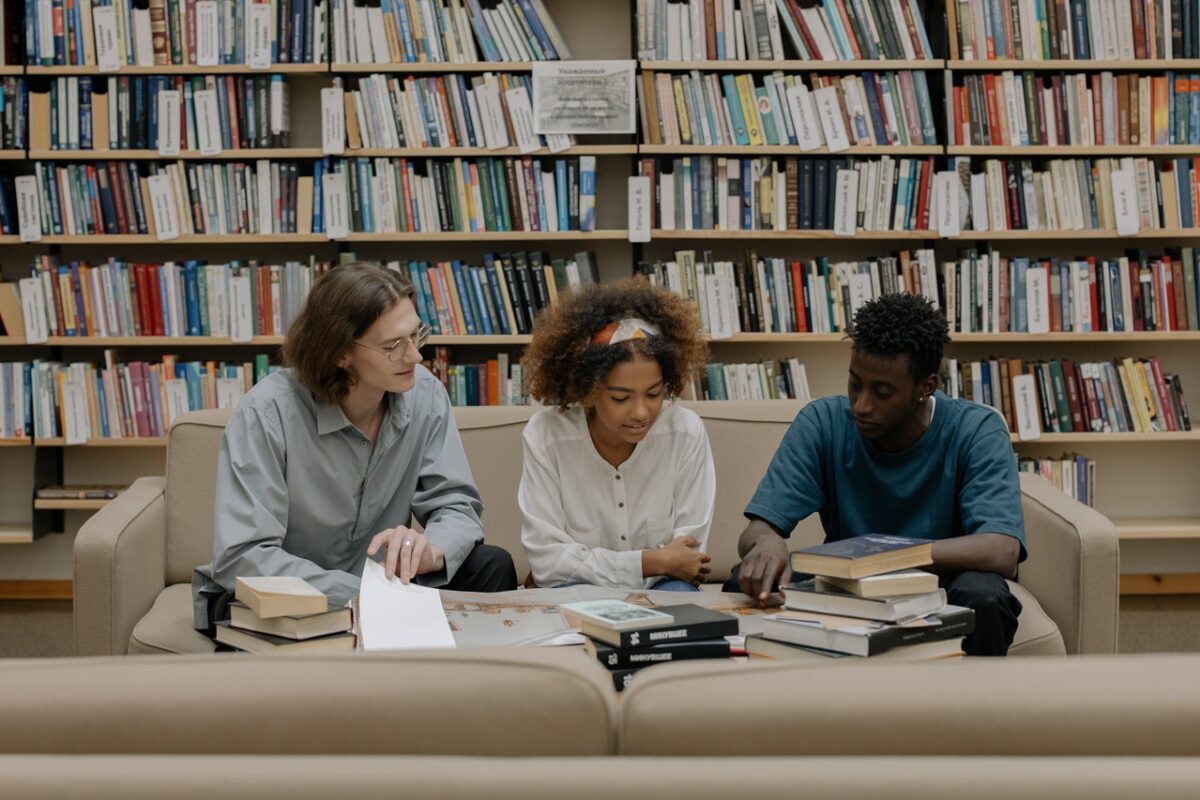
The main challenge for adult learning and education across the globe is to reach those who need it most. That is the key message of UNESCO’s Fifth Global Report on Adult Learning and Education (GRALE 5) which will be published on 15 June 2022 at the Seventh International Conference on Adult Education in Marrakech, Morocco.
UNESCO’s report shows that while there is progress, notably in the participation of women, those who need adult education the most – disadvantaged and vulnerable groups such as Indigenous learners, rural populations, migrants, older citizens, people with disabilities or prisoners – are deprived of access to learning opportunities.
About 60% of countries reported no improvement in participation by people with disabilities, migrants or prisoners. 24% of countries reported that the participation of rural populations declined. And participation of older adults also decreased in 24% of the 159 surveyed countries. GRALE 5 calls for a major change in Member States’ approach to adult learning and education backed by adequate investment to ensure that everyone has the opportunity to benefit from adult learning and education.
“I urge governments and the international community to join our efforts and take action to ensure that the right to education is realized for everyone – no matter their age, who they are, or where they live,” said UNESCO Director-General Audrey Azoulay. “Rapid technological and social changes as well as massive global challenges require that citizens have access to new learning throughout their lives. Reskilling and upskilling through adult learning and education must become routine. The ultimate twenty-first century skill is the ability to learn.”
A broader range of learners
Over half of countries reported an increase in participation in adult learning and education since 2018 but challenges remain. While participation of women and youth has considerably improved, overall participation in adult learning and education continues to be insufficient.
In 23% of the 159 countries that submitted data for GRALE 5, fewer than 1% of youth and adults aged 15 and above participate in education and learning programmes. Sub-Saharan Africa led the field by a wide margin with 59% of countries reported that at least one in five adults benefit from learning. This figure drops to only 16% of countries in Latin America and the Caribbean and 25% in Europe. . The high participation rate in Africa may be explained in part by a strong demand for adult literacy and second-chance education.
Quality is improving
Most countries reported progress in relation to quality of curricula, assessment and the professionalization of adult educators. Over two-thirds reported progress in pre-service and in-service training for ALE educators, as well as in employment conditions, though this progress varied considerably by region and income group. This advances the quality of adult education.
Citizenship education key for sustainable development
Responding to contemporary challenges, such as climate change and digitalization, demands citizens informed, trained and engaged, active, who recognise both their shared humanity and their obligations to other species and to the planet. Citizenship education is a key tool in this endeavour. In a special thematic chapter, GRALE 5 shows that close to three quarters (74%) of countries are developing or implementing policies in relation to citizenship education.
About the Global Report on Adult Learning and Education
Published by the UNESCO Institute for Lifelong Learning, the Global Report on Adult Learning and Education monitors the extent to which UNESCO Member States put their international commitments regarding adult learning and education into practice. The reports combine survey data, policy analysis and case studies to provide policy-makers and practitioners with sound recommendations and examples of good practice. Five reports have been published since 2009.
- Download the fifth Global Report on Adult Learning and Education
- Download the summary of the fifth Global Report on Adult Learning and Education
About the Seventh International Conference on Adult Education
From 15 to 17 June 2022, participants from across the globe will come together for the Seventh International Conference on Adult Education (CONFINTEA VII) in Marrakech, Morocco. They will take stock of achievements in adult learning and education, discuss challenges, and develop a new framework for action to make adult learning and education a reality around the world. CONFINTEA VII is hosted by the Kingdom of Morocco and co-organized with UNESCO.





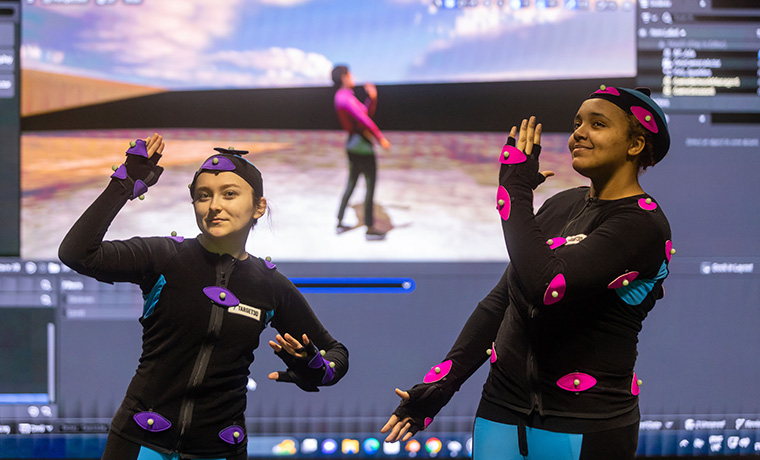
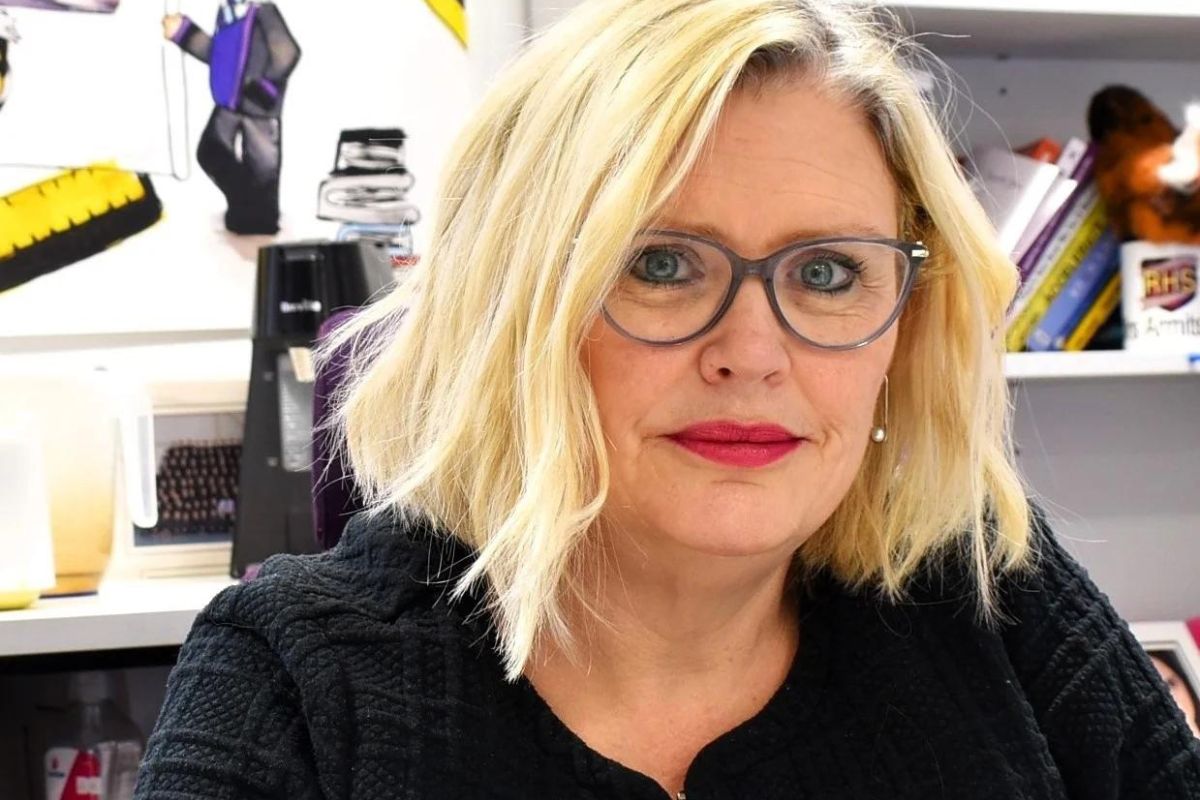

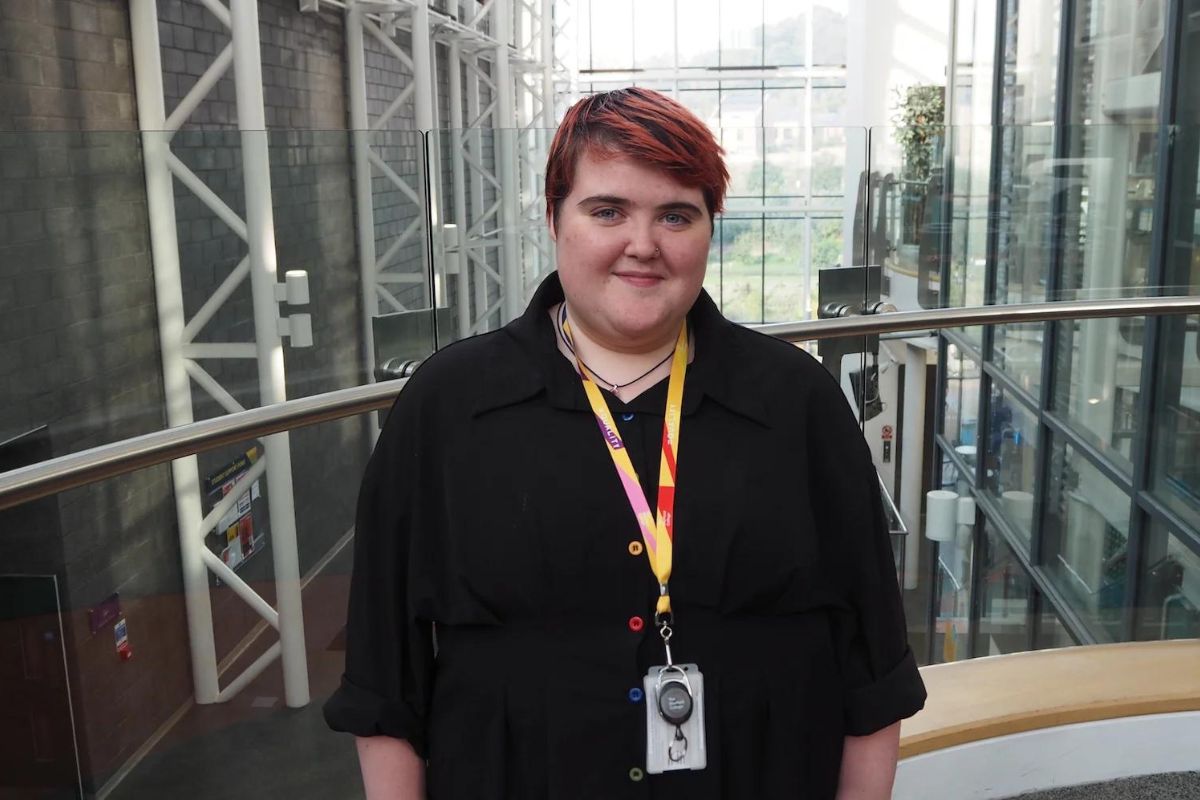

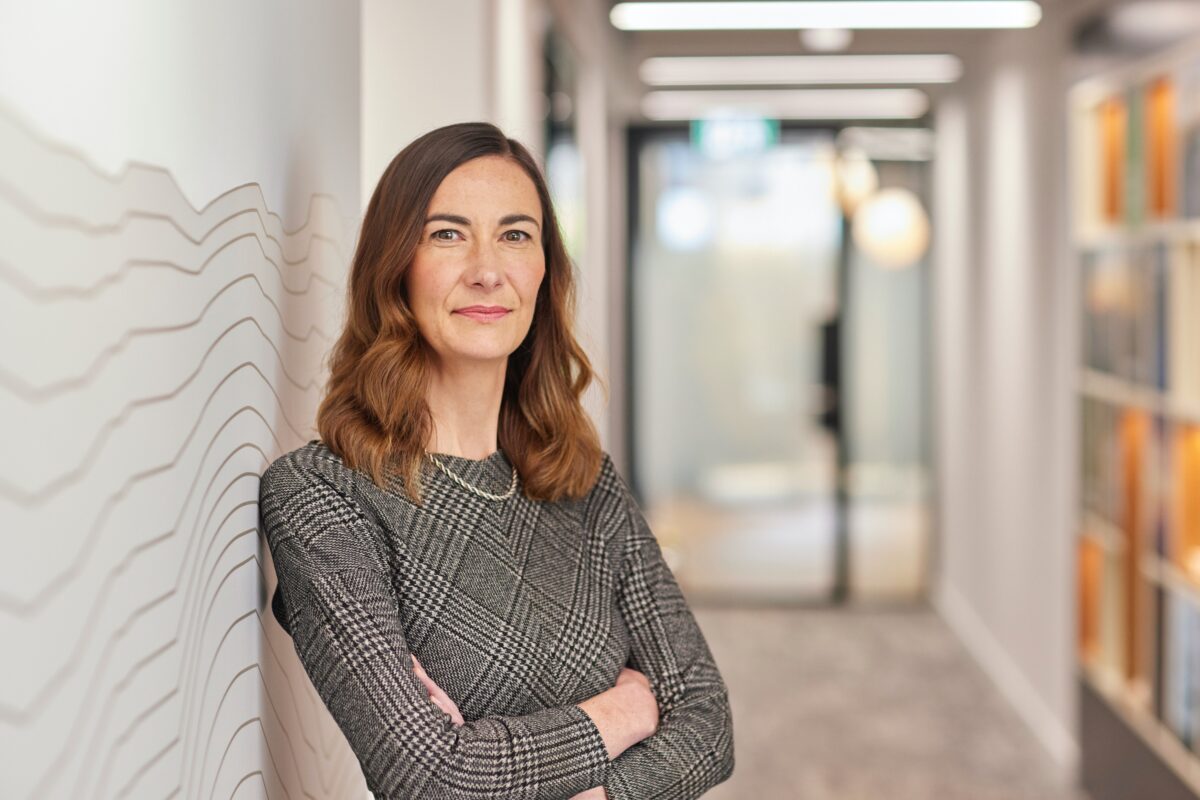
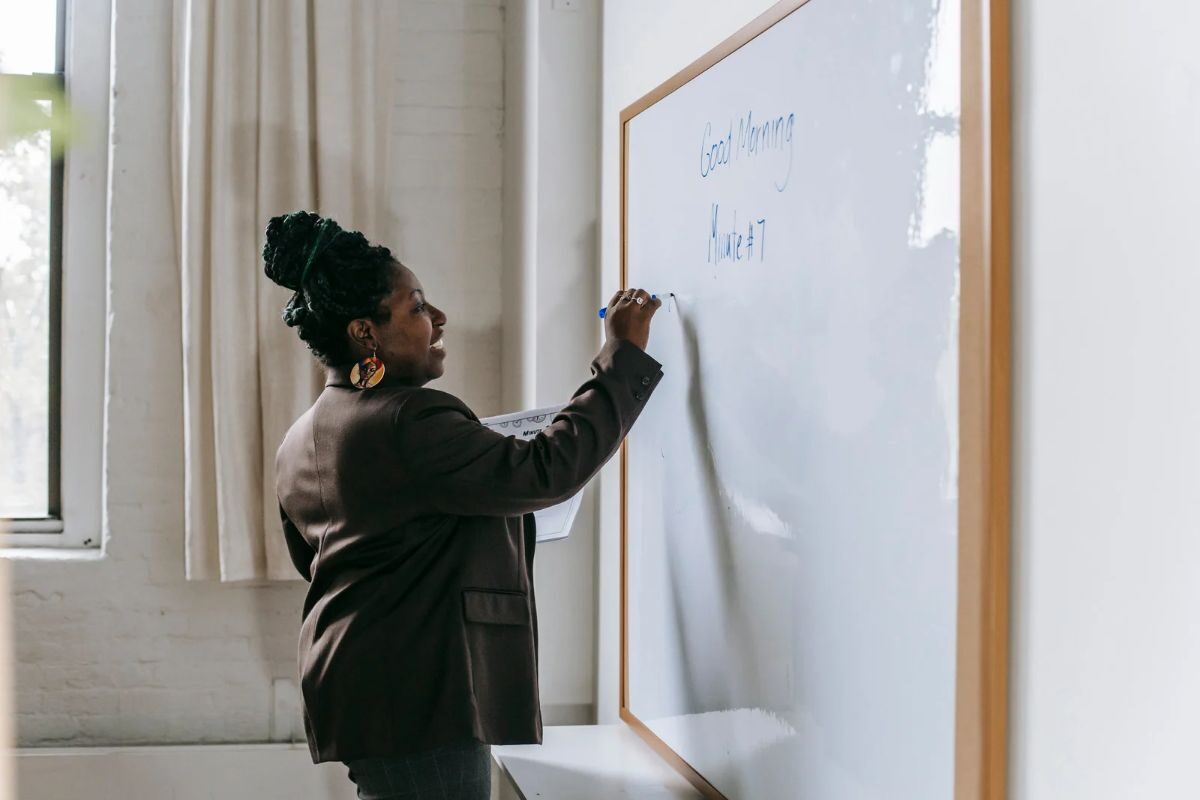
Responses